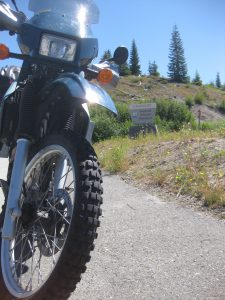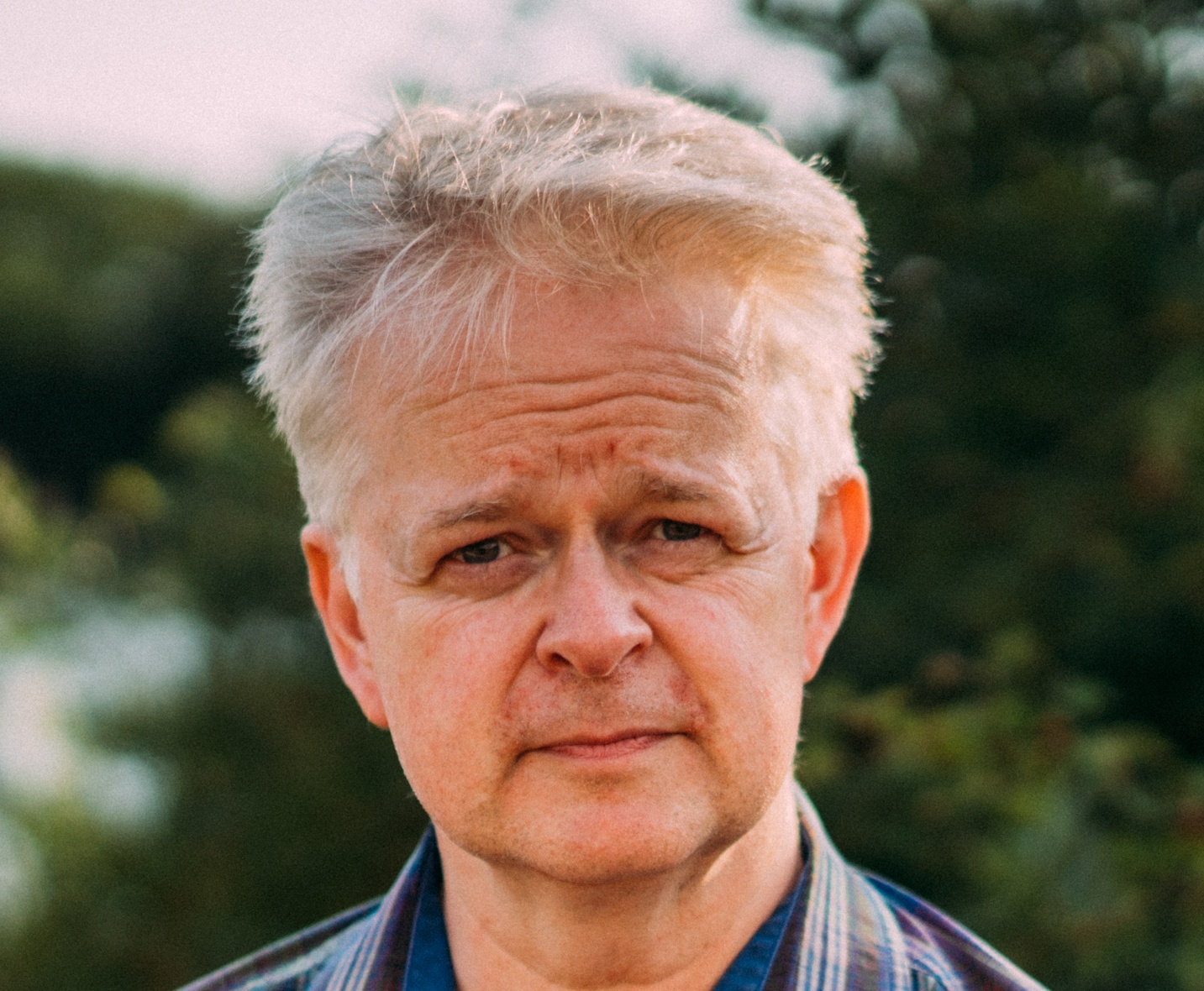
I’ve been reading Tim Cahill’s book “Pass the Butterworms: remote journeys oddly rendered”. As a writer he is adventurous, traveling the world and getting into sometimes difficult situations. One of his stories fascinated me. “Search and Rescue” has him joining a group setting out to rescue a lost hunter in the backcountry of Montana. It’s the middle of the night. It’s November. There’s lots of snow. It’s -30C out. There’s not much hope. So why did this guy set out on his own in the first place?
Cahill summarized it brilliantly. “Wilderness is a way of taking back control of our lives.”
Now, that made me think.
Living in a big city I get the sense that many point the finger of responsibility at others. Slip and get injured on the leaves that have fallen in front of a corporate office or house? Sue them, right? You become a victim of circumstances.
There has been an obvious surge in so-called adventure motorcycling in the past ten years. I’ve been part of that movement. Part of the appeal for me is getting out of the city, out into the backcountry. Taking back control of my life.
I listen to my urban motorcycling friends, those who rarely get out beyond the Lower Mainland, complain incessantly about what drivers around them are doing, pointing the finger at them, making them the problem. These stories revolve around playing the blame game.
But when I’m out on my own in the backcountry there’s no one else to point the finger at. If I make a mistake, it’s my problem. I forgot my camp stove? I blame me! And, despite what anxiety that could potentially cause, I wouldn’t want it any other way. There is risk.
That lost hunter in Cahill’s story was testing himself. Call it the classic conflict of man versus nature if you will. And I think that is the draw for me: taking back a certain amount of control.
George Bernard Shaw said: “Liberty means responsibility. That’s why most men dread it.” There’s nothing but freedom when you get out into the wilderness. At the same time, it’s not safe. You can get hurt. Things can go wrong. But the payoff for such a venture is breathtaking scenery, soul-feeding solitude, connection with nature, the satisfaction of testing our wits and coming back home to tell the tale.
I find as the weather turns south and I start looking over maps and dreaming that it’s this pull to a place where I can take back control of my own life that inevitably draws me in. There’s a simplicity in knowing that I’m responsible for my own actions…in the act of being free.
If adventure travel is truly about freedom then maybe there’s a certain number of us who long to take back control of our lives. What brings you out in your search for adventure?
So what happened to the hunter in Cahill’s story? In the wee hours of the morning he himself found the remote cabin that was the HQ for the search party. It would seem he passed his own test. And lived to tell the tale. It would seem he found a freedom many would dread, but some would envy.
